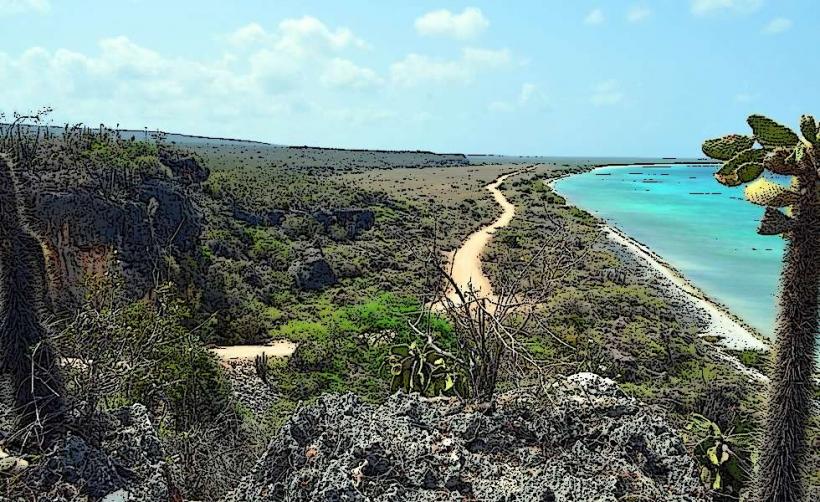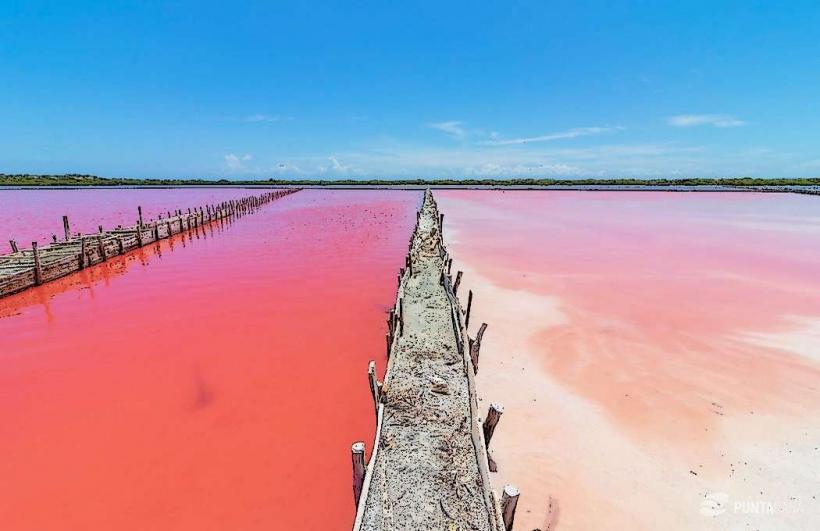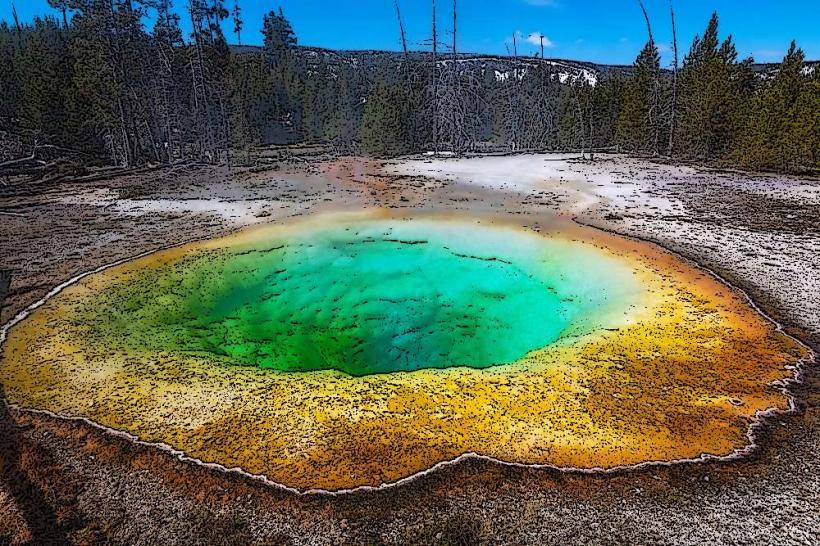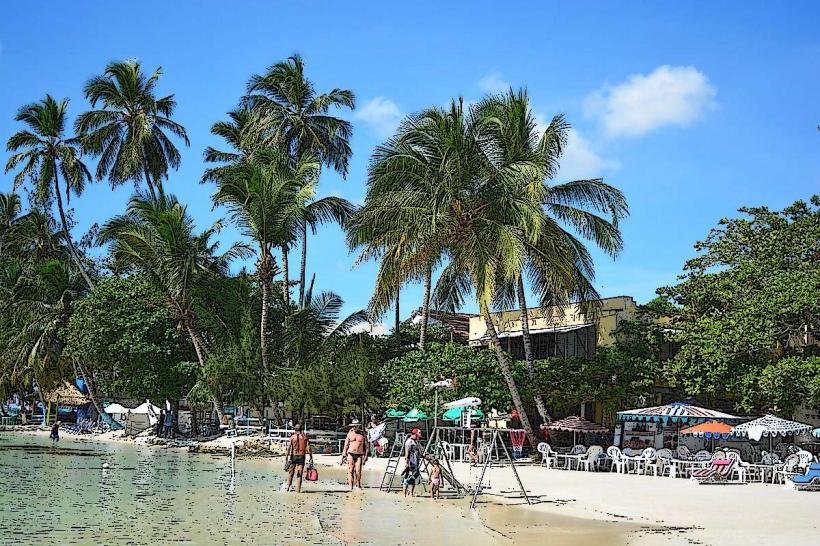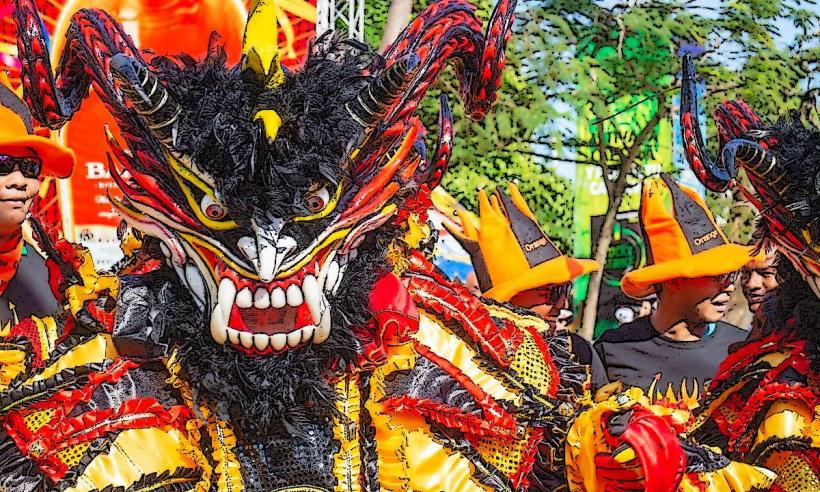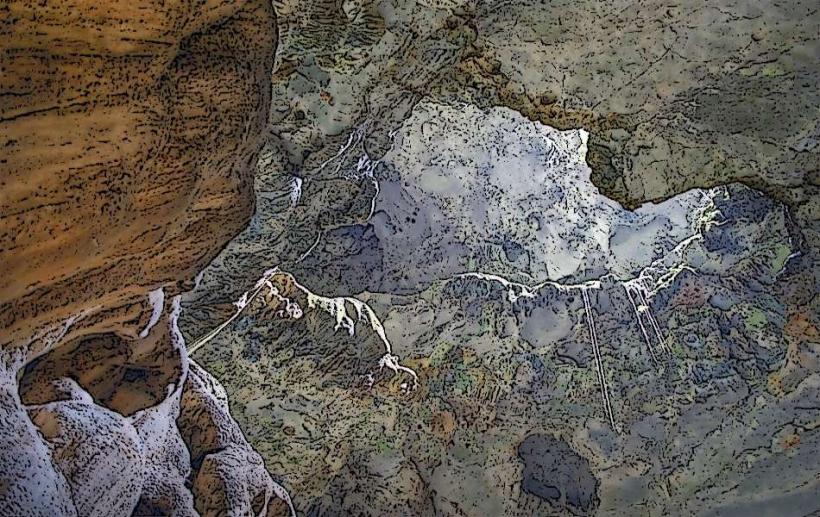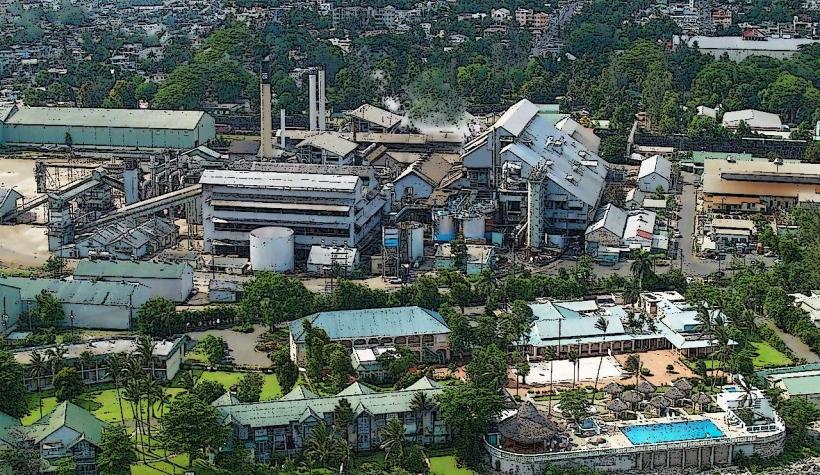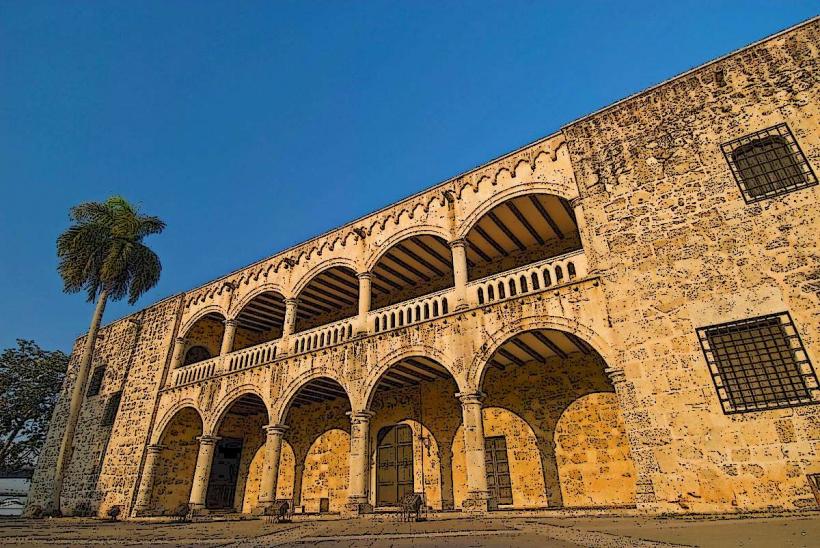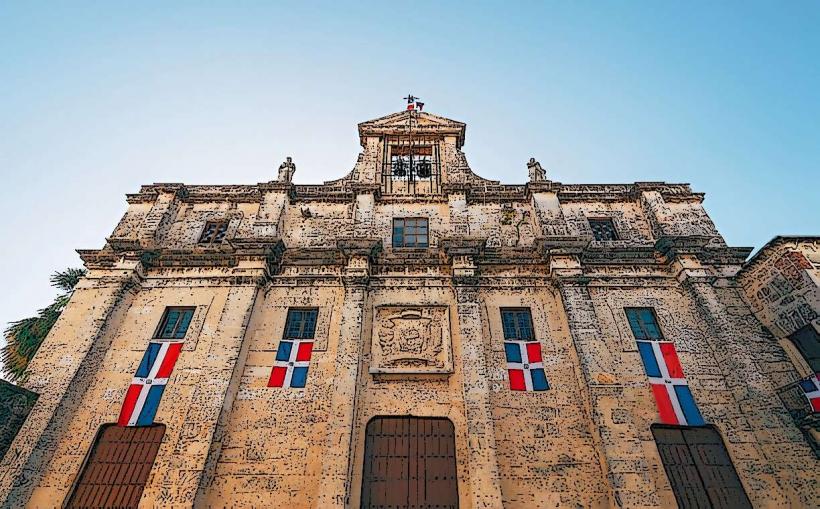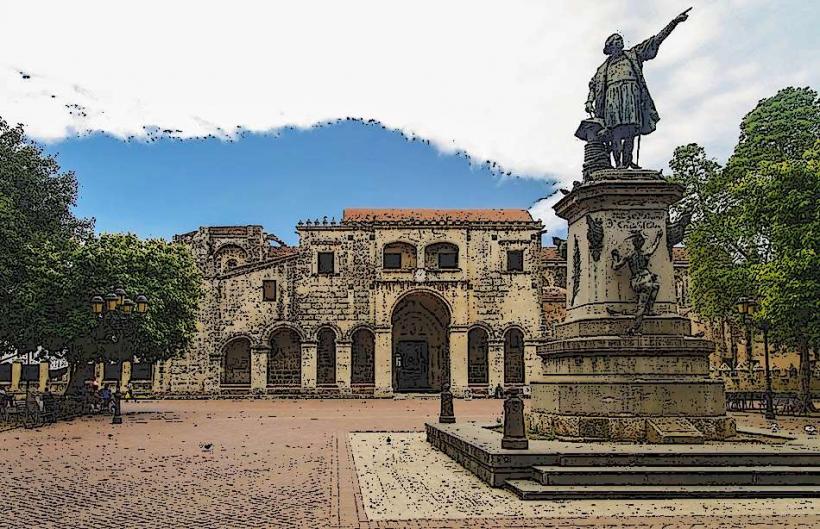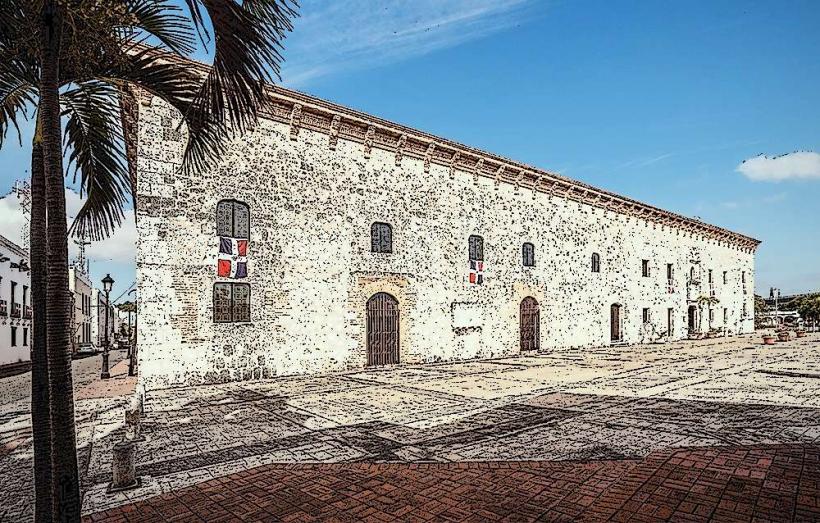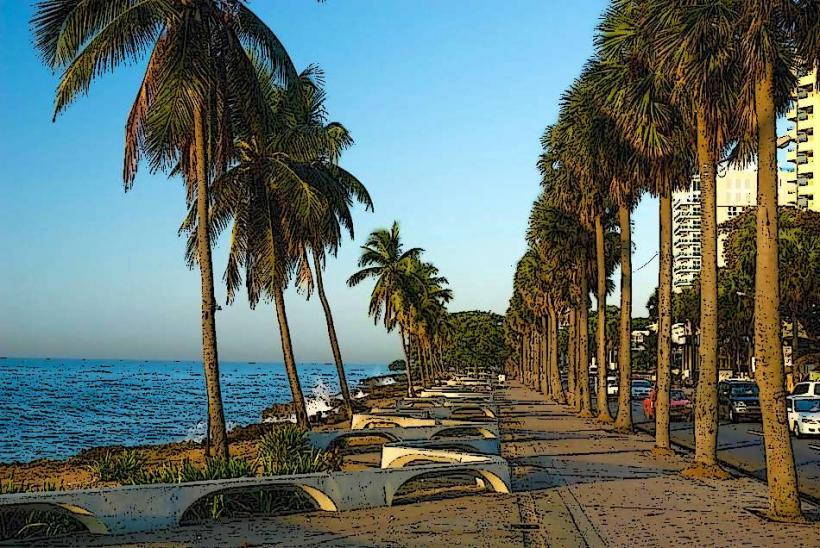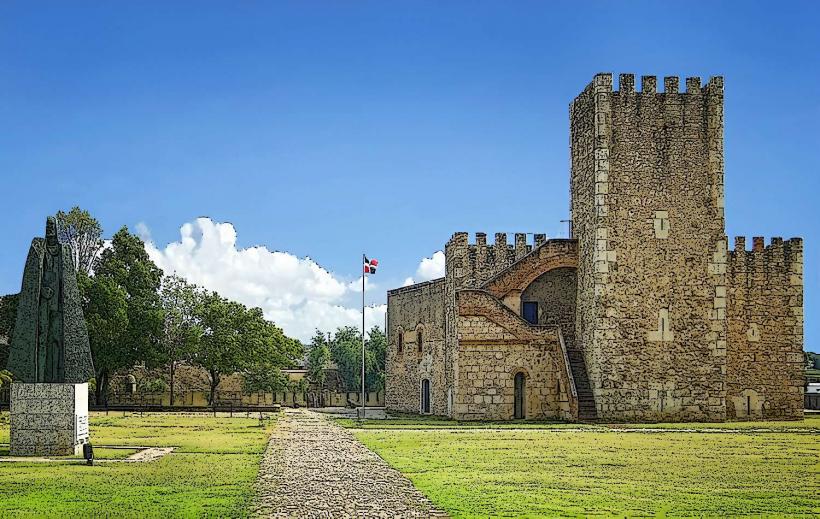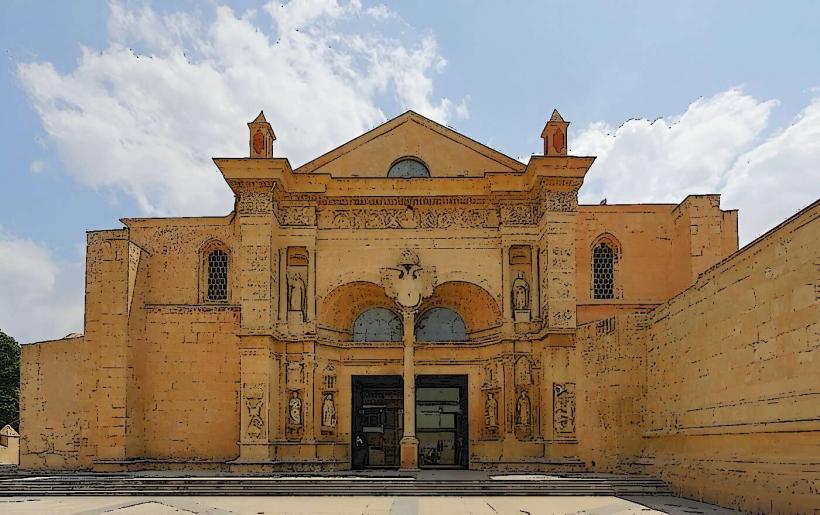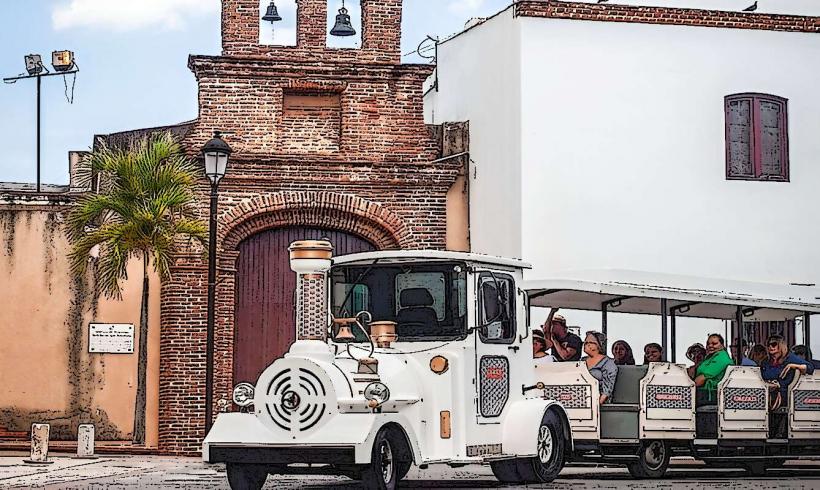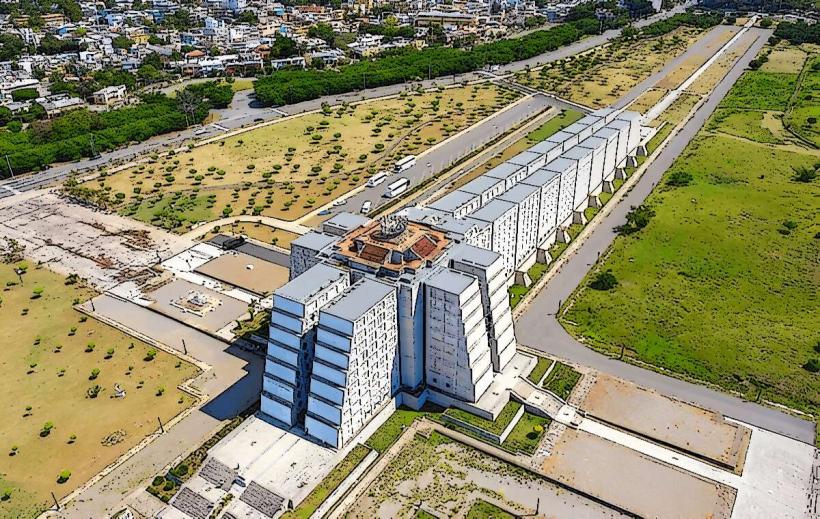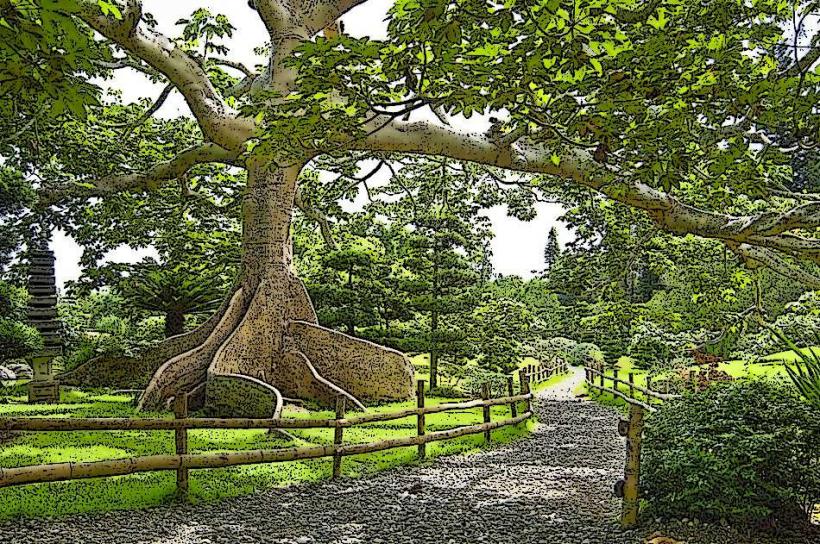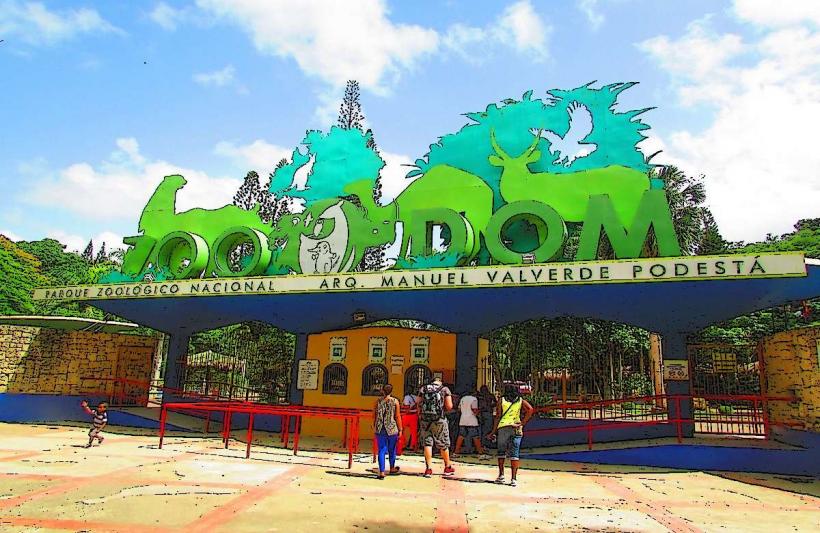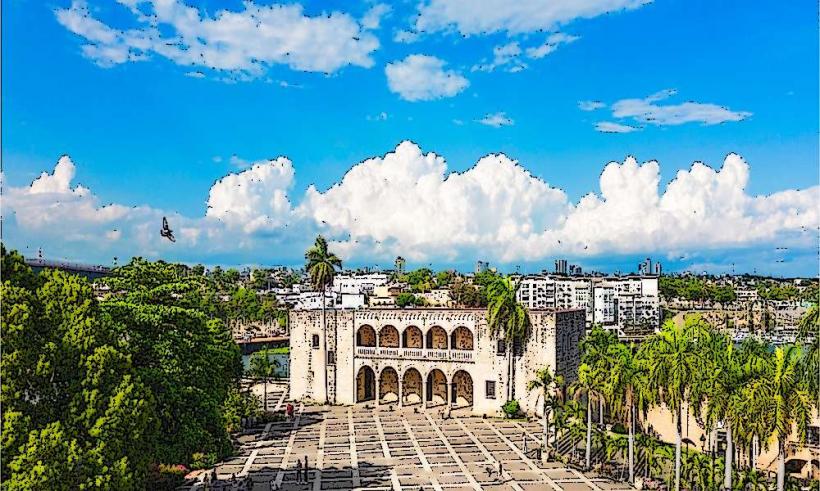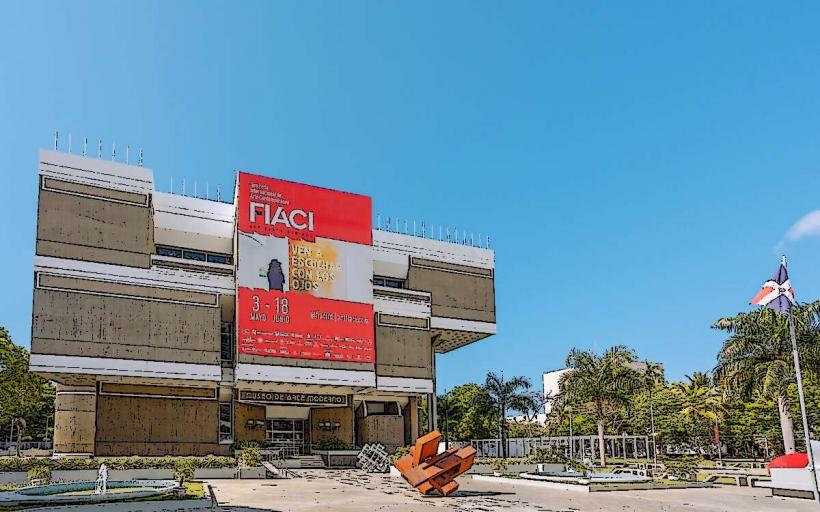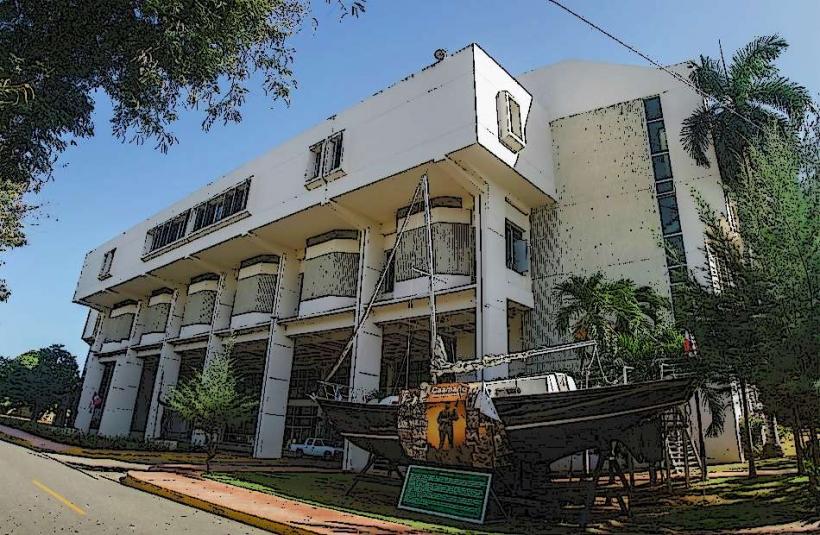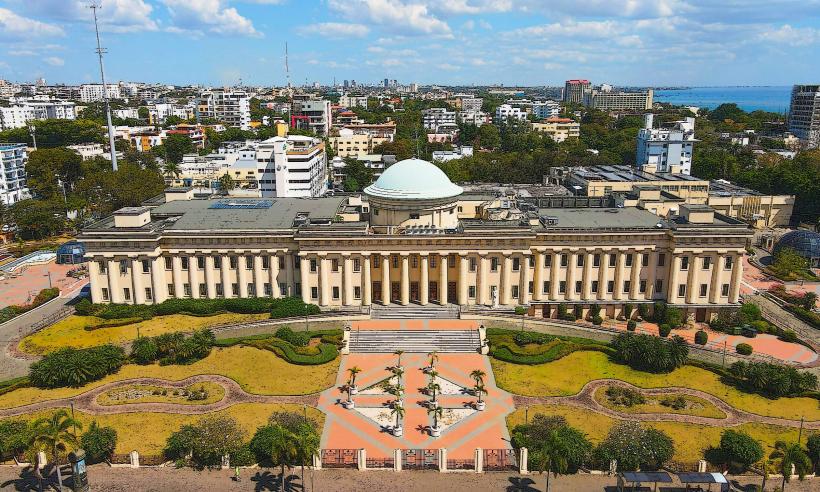Information
Landmark: Calle El CondeCity: Santo Domingo
Country: Dominican Republic
Continent: North America
Calle El Conde is one of the most famous streets in Santo Domingo, Dominican Republic, located in the heart of the Colonial Zone, a UNESCO World Heritage Site. This bustling pedestrian-only street is a key feature of the city's historic district and is considered one of the oldest and most important streets in the capital. It runs from Parque Colón (Columbus Park) to Parque Independencia, and it is one of the main arteries for both locals and tourists exploring the rich history and culture of Santo Domingo.
Historical Significance
- Colonial Origins: Calle El Conde dates back to the early 16th century during the Spanish colonial period. It was originally part of the layout of the Colonial City of Santo Domingo, which was the first European colonial city established in the Americas.
- Name: The street's name, El Conde, refers to the Count of Tolosa, a title held by Diego Colón, the son of Christopher Columbus. The street served as an important commercial and residential route during the colonial era, linking various key points in the city.
Key Features and Attractions
Pedestrian Street: Today, Calle El Conde is a pedestrian-only street, making it a lively and safe area for visitors to walk and explore. It's one of the most popular destinations in Santo Domingo, with shops, cafes, restaurants, and cultural attractions lining the street.
Shops and Stores: Calle El Conde is known for its vibrant shopping scene. The street is lined with a variety of boutiques, local craft shops, and souvenir stores where visitors can purchase Dominican art, jewelry, clothing, and crafts. The street is particularly known for its offerings of handmade jewelry, wooden crafts, and caribbean-inspired textiles.
Historic Architecture: As part of the Colonial Zone, Calle El Conde is home to several buildings that reflect the rich architectural heritage of the city. You’ll find Spanish colonial-style buildings with balconies, arched windows, and wrought-iron details. The buildings are often colorful and feature the distinctive charm of Santo Domingo's old-world atmosphere.
Cultural Venues: Several museums and cultural institutions are located along or near Calle El Conde, offering deeper insights into the country's history. For example:
- Museo del Ron (Rum Museum): This museum, located nearby, offers a fascinating look into the history of rum production in the Dominican Republic, one of the country’s most important exports.
- Museo de la Casa de Tostado: This museum is housed in a 16th-century colonial mansion and provides a glimpse into life during the colonial era.
- Plaza de la Cultura: Located at the far end of the street, near Parque Independencia, this cultural complex houses theaters, museums, and galleries.
Social and Cultural Hub
Vibrant Atmosphere: Calle El Conde is a lively and vibrant street, always bustling with activity. It is popular among both locals and tourists, making it a social and cultural hub in Santo Domingo.
Street Performers and Vendors: Visitors will often find musicians, street artists, and vendors selling local snacks and crafts. The street’s festive atmosphere makes it an ideal place to explore Dominican culture in an informal, interactive way.
Restaurants and Cafes: Along Calle El Conde, there are many restaurants, cafes, and bars that serve both Dominican and international cuisine. Whether you want to try local dishes like mangu (mashed plantains) or enjoy a cup of Dominican coffee, there are plenty of options to enjoy the local flavors.
Attractions Nearby
- Parque Colón: At the western end of the street, Parque Colón (Columbus Park) is a major historical and cultural landmark, featuring the Cathedral of Santa María la Menor and the Statue of Christopher Columbus.
- Alcázar de Colón: Just a short walk from Calle El Conde, this historic building, once the residence of Diego Columbus, houses a museum that explores the early colonial history of the Americas.
- Fuerza de Ozama (Ozama Fortress): This 16th-century fortress is located near the end of Calle El Conde, offering visitors a glimpse into the military history of the colonial era.
- Museo de las Casas Reales: A few blocks away, this museum is housed in a former royal palace and showcases artifacts from the Spanish colonial period, including documents, artwork, and historical objects.
Modern-Day Role
Tourism and Local Life: Calle El Conde remains a central point of activity in the city. While it is often crowded with tourists, it is also an important thoroughfare for the local population, especially for shopping and socializing. It’s a great place for those looking to experience the fusion of history and modern Dominican life.
Public Events: Calle El Conde is occasionally used for public events, parades, and celebrations. Its wide, pedestrian-friendly space is perfect for these kinds of activities, especially during national holidays or cultural festivals.
Practical Information for Visitors
- Location: Calle El Conde runs from Parque Colón (Columbus Park) to Parque Independencia in the Colonial Zone of Santo Domingo.
- Accessibility: As a pedestrian street, it is easily walkable and accessible for tourists. It is located in a central area, so it's easy to combine a visit to Calle El Conde with other nearby landmarks.
- Best Time to Visit: The street is most vibrant during the day, especially in the late morning and afternoon when shops are open and street performances are common. However, it can also be pleasant to visit in the evening when the atmosphere is calmer, and many restaurants are open.
Conclusion
Calle El Conde is a central part of Santo Domingo's historical and cultural fabric. Its blend of colonial architecture, modern shops, and vibrant street life makes it an essential destination for anyone exploring the Colonial Zone. Whether you're interested in shopping for souvenirs, experiencing Dominican culture, or just enjoying a stroll through the heart of the city, Calle El Conde offers something for every visitor.

